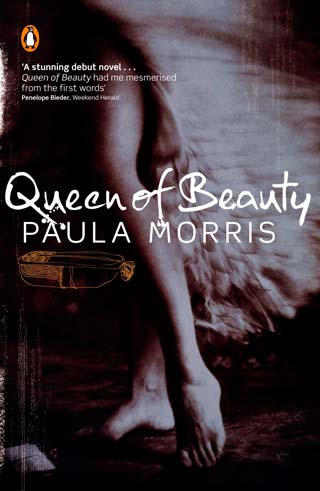“There was no streetcar named Desire anymore, that was true. But Desire itself hadn’t gone away; it was still there, a real place, as genuine and shabby and eternal as Elysian Fields. And there was a bus, after all, the word DESIRE flashing in orange digital type in the middle of its forehead. A bendy-bus named Desire. Not really the same, was it?”
Virginia Seton lives in rainy, seedy New Orleans, working as a researcher for an historical novelist with a ‘strip-mined’ imagination. On a brief trip back to New Zealand for her sister’s wedding, Virginia is drawn into the family secrets, lies and tensions of both the past and the present.
Spanning three generations of a large Pakeha/Maori family in a narrative that skillfully handles interwoven stories and multiple voices, Queen of Beauty explores the fragility of truth and the elusiveness of the past.
Reviews
“A stunning debut novel … Queen of Beauty had me mesmerised from the first words … a masterful work.”
– Penelope Bieder, New Zealand Herald
“Local debut of the year … a warm, unsentimental portrait of a family in all its confusion and conflicting stories.”
– New Zealand Listener
